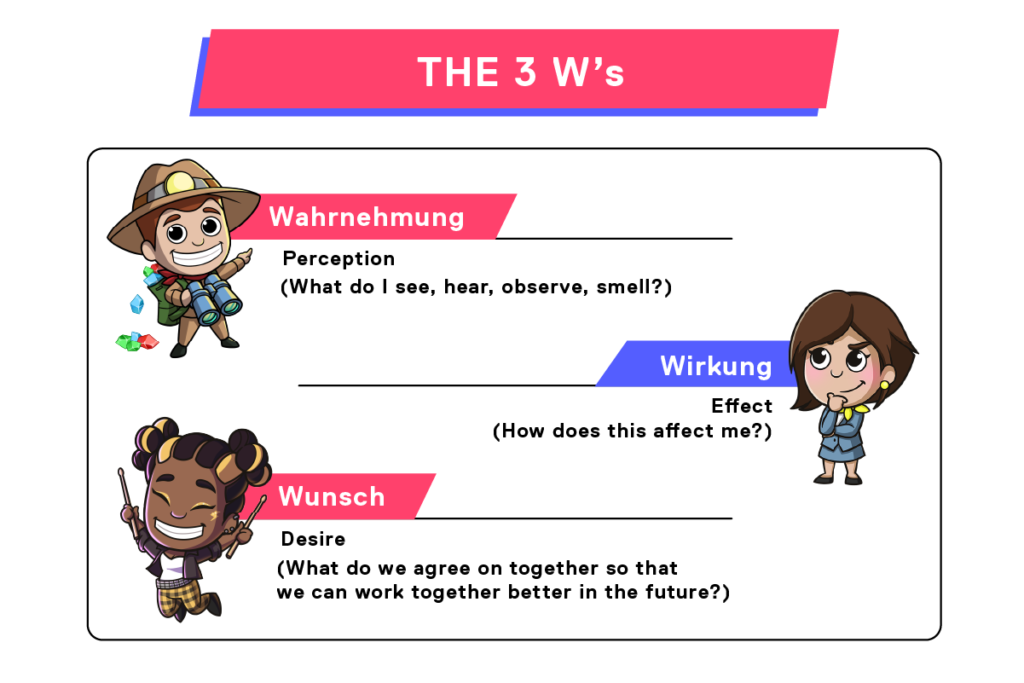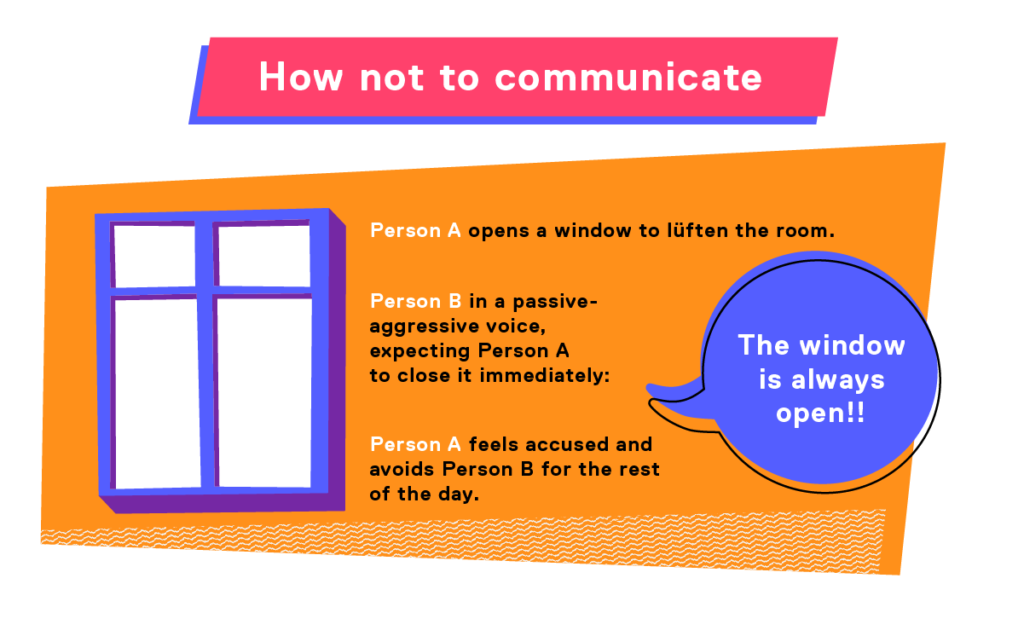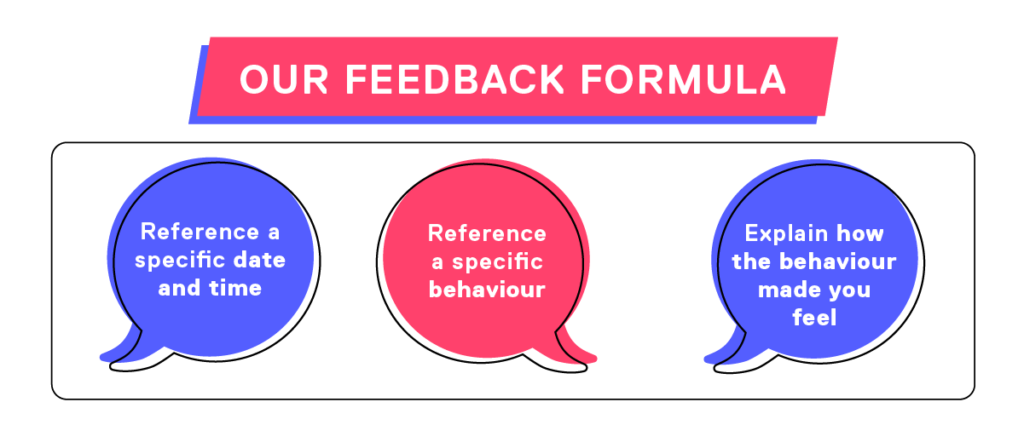At Kolibri Games we encourage our employees to speak their minds and are very proud of our strong and constructive feedback culture. Today, no company can value their employees without giving them ample opportunities to give and receive feedback, to consider it, and respond to it. An open atmosphere that allows for honest feedback between employees, managers, and executives, encourages higher well-being at work, individual growth, and better connection with the company.
Both sharing constructive feedback and reacting to it so that each party benefits from it can be a challenge. So how to give feedback without anyone feeling offended? Luckily, we have an expert on board: Meet Thomas, our Director Human Resources. Thomas is a big advocate for a healthy feedback culture and was happy to answer our questions on how to implement feedback at your workplace (with a few tips that can relate to personal relationships as well).
How would you describe the feedback culture at Kolibri Games?
Kolibri Games has a well-developed feedback culture. Especially when it comes to constructive, critical feedback, we are already fantastic. Which doesn’t mean, of course, that we can’t get even better.
It is important to understand that feedback plays a subordinate role for strictly hierarchical companies. In Germany, many companies are still structured strictly “top-down.” This is not the case at Kolibri Games, where we’ve established an agile culture that benefits from flat hierarchies. What’s more, consistent feedback is part of our values: “We believe in people” and “We believe in learning” and by that we mean to empower people and provide a supportive atmosphere for individual growth. From our experience, empowering your team is not only a good strategy for individual growth, but also contributes to higher well-being at work. Our agile work style in combination with a strong focus on honesty enables us to react quickly to the feedback we receive. So we have been prioritizing a healthy feedback culture from the very beginning.
In my perception, we can still get better at giving praise. But that also has to be done properly. It doesn’t go down well if praise is constantly given “over the top” or for mundane small tasks. Praise should be honest and reward proper performance, for example, when an important project has been successfully completed. When it’s well-deserved, positive feedback can give you an enormous boost!
What tools do we have for feedback?
Firstly, we have feedback boxes, a physical one in our office space, and a digital one, where everyone can share concerns, suggestions and complaints anonymously or not. With our quarterly Pulse surveys, all employees have the chance to give feedback in a constructive, reasonable and useful way. Each quarter we either ask questions concerning the culture and company, people and teams, the lead, or one’s personal role. The surveys are well utilized and offer great and valuable input. We also try to involve all Kolibris in a discussion of the survey results afterward.
What I think is especially important is that we gather feedback from exit interviews, which means talking to the people leaving the company. These prove to be some of the most honest and valuable feedback conversations.
How do I give constructive feedback?
I recommend the WWW-formula based on the concept of Nonviolent Communication by Marshall Rosenberg. In this case, we are not talking about the World Wide Web but instead, the 3 Ws describe the three important steps you should consider while giving feedback. Let’s dive into a quick German lesson:
To phrase feedback, I recommend abstaining from “you”-phrases (you are…). Even worse are “you”-phrases in combination with the toxic words “never” or “always”. For example: “You are always late to meetings.” When in reality, your colleague has been late to this one specific meeting on Thursday afternoon. Confronted like this, your colleague only has the option left to defend himself rather than having an open discussion. It’s important to stay with the specific situation and behavior you want to address. Instead, “I”-phrases focus on one’s own perception, which – as we know – is also always distorted, but they don’t come across as accusatory.
Example: I noticed you were late for our team meeting this morning. This disrupts the flow of our meeting and is disrespectful to the team. Please be on time for the next meeting.
A wonderful example for the German phenomenon of Lüften (airing the room every hour for a few minutes):
Instead: Reach an agreement, that the person opening the window will close it after 15 minutes. Person B might say: I noticed you opened the window this morning. Unfortunately, this gives me a stiff neck and that makes me grumpy. Lüften is fine, but can we please agree on a specified time so it won’t hurt my neck?
When giving feedback it’s important to choose the appropriate timing and situation. You should always give constructive feedback in private, also consider choosing a calm rather than a heated moment. Everyone should have time to absorb the feedback and come back to the conversation later for a thought-out response.
How do I react to feedback?
Sit back, stay calm, absorb, and don’t get defensive right away. Feedback is a gift. You decide whether you like that gift and what to do with it. Take it more as a note for yourself and let it sink in. You can choose to perceive it as: “This person cares about me and what I’m doing, that’s why I get this response” – that’s a very different approach than feeling offended automatically. It’s hard to learn, but it determines what you can take away from the feedback.
What effects does the Corona pandemic and working from home have on feedback culture?
There definitely is a difference between giving and receiving feedback in a physical conversation or through a screen. Body language, facial expressions,… all of this does not translate in the same way. This means you have to put in even more effort to establish a healthy feedback culture. Offer up more options to give feedback, special meetings, for example, ask more questions and most importantly: Listen! Also, try to maintain eye contact when giving constructive feedback – in person over Zoom instead of in a written email. And don’t forget to give praise!
What is the most useful feedback you have ever received if you’d like to share it?
Once, a superior told me that I don’t have to be as self-critical as I often am. His words were: “Don’t put yourself down. I have not experienced you as you seem to think of yourself.” The take-away from this was for me how powerful good feedback can be. It gave me a better sense of self and drive to be confident. Since then, I know personally how valuable feedback can be and hope to give this experience to other people as well.




